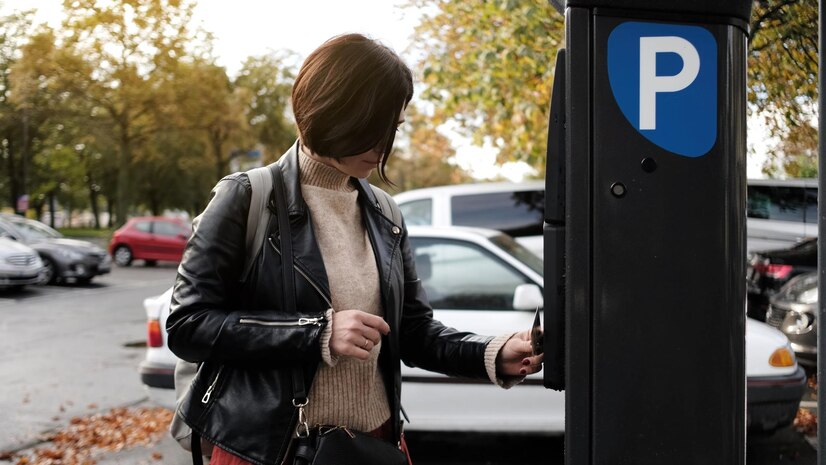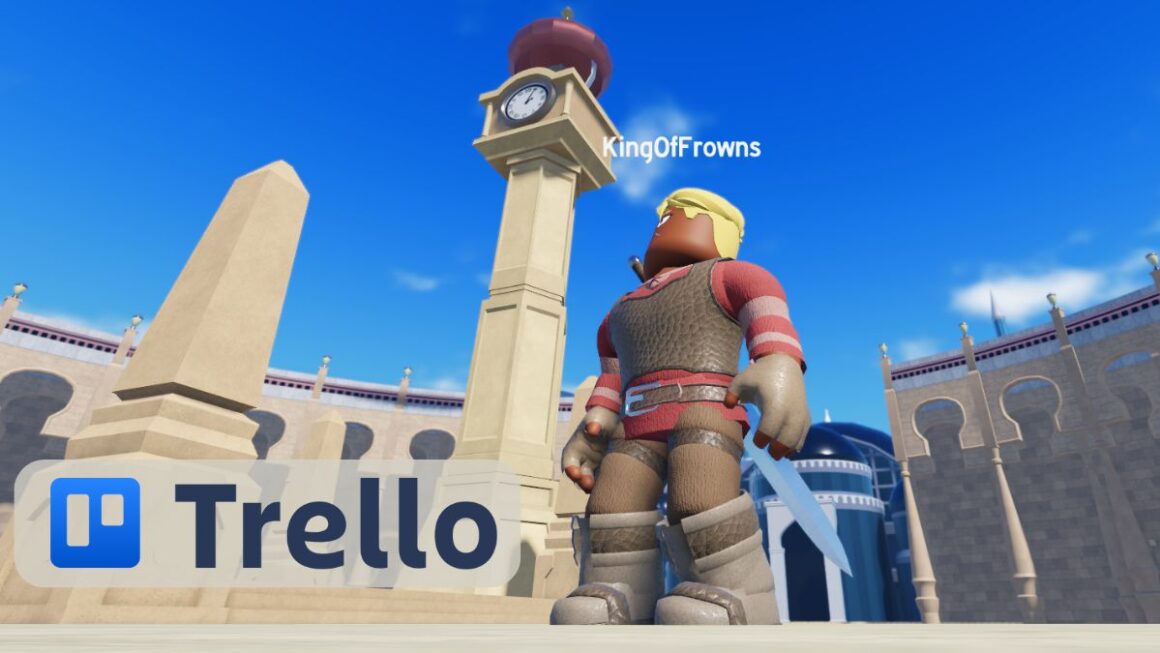Indiana Charge 72.13: Resident Park/HMD is a key regulation in Indiana designed to make parking in residential areas easier for people who live there. This rule helps residents park close to their homes, preventing outside cars from taking up their spots. If you live in a neighborhood that follows this law, you’ll need a permit to park in certain areas. The goal is to keep the streets safe and accessible for everyone who lives there.
In this post, we’ll dive into what Indiana Charge 72.13: Resident Park/HMD is, why it was created, and how it impacts both residents and visitors. If you’re not sure how to get a parking permit or what happens if you break the rules, don’t worry—we’ve got you covered! Keep reading to learn everything you need to know about parking in your area with this important law.
What Is Indiana Charge 72.13: Resident Park/HMD and Why It Matters for Your Neighborhood
Indiana Charge 72.13: Resident Park/HMD is a rule in Indiana that helps make parking easier for people who live in certain neighborhoods. It makes sure that only residents or people with special parking permits can park on specific streets. This is especially important in places where parking is limited or where people from outside the neighborhood might take up all the spaces.
This rule is there to keep residential streets safe and organized. When people from outside the neighborhood park in these areas, it can make life harder for those who live there. The main goal of this rule is to create parking spots for residents, so they don’t have to search for a place to park far from their home.
How Indiana Charge 72.13: Resident Park/HMD Makes Parking Easier for Local Residents
Indiana Charge 72.13: Resident Park/HMD helps local residents by creating special parking zones in their neighborhoods. When you live in a zone where this rule applies, you can get a parking permit. This permit lets you park in areas that are reserved for people who live there, not for visitors or people from outside.
Having these reserved spots helps residents feel safe knowing they will have a place to park when they return home. It also stops people from other areas from taking up parking spots that should be for those who live in the neighborhood. This makes parking more reliable and less stressful for everyone who calls the area home.
Step-by-Step Guide: How to Get Your Parking Permit Under Indiana Charge 72.13: Resident Park/HMD

To get a parking permit under Indiana Charge 72.13: Resident Park/HMD, you will need to follow a few simple steps. Here’s how you can do it:
- Check if Your Neighborhood is Affected – Make sure that your street or neighborhood is part of the parking permit program. This can usually be checked with your local town hall or parking authority.
- Gather Necessary Documents – You may need proof that you live in the area, like a utility bill or lease agreement. This helps show you are eligible for a permit.
- Apply for the Permit – Once you have the documents, you can apply online or in person at your local city or town hall. Some areas also let you renew your permit each year.
- Pay for the Permit – There is usually a small fee for the permit. The cost varies by location, but it is meant to help cover the cost of managing the parking program.
Common Violations of Indiana Charge 72.13: Resident Park/HMD and How to Avoid Them
While Indiana Charge 72.13: Resident Park/HMD makes parking easier, there are still rules you must follow to avoid getting fined.Here are a few normal mix-ups and how you can keep away from them:
- Parking Without a Permit – Make sure you have a valid permit for your vehicle. If you park in a designated zone without one, you will get a ticket.
- Expired Permits – Don’t forget to renew your permit each year.A lapsed grant can bring about a fine.
- Incorrect Display of Permits – If you don’t display your permit where it can be clearly seen, you may be fined, even if you do have one.
- Parking in Restricted Zones – Some areas may have time limits or other rules.Make certain to follow them to keep away from infringement.
What Happens If You Don’t Follow Indiana Charge 72.13: Resident Park/HMD?
If you don’t follow the rules of Indiana Charge 72.13: Resident Park/HMD, there can be some consequences. The most common penalty is a fine. Parking enforcement officers will leave a ticket on your car if you are caught breaking the rules.
In more serious cases, where parking violations are repeated, your car might even be towed. This can be both annoying and costly. It’s important to always follow the rules to avoid these problems.
How to Appeal a Parking Ticket
If you believe the ticket was issued in error, you have the right to appeal. The process usually involves sending a letter or filling out an online form to the local parking authority. You may need to show proof, like a valid permit that was not displayed properly.
How Local Authorities Enforce Indiana Charge 72.13: Resident Park/HMD and What It Means for You

Local authorities are responsible for making sure Indiana Charge 72.13: Resident Park/HMD is followed. Parking enforcement officers regularly patrol neighborhoods where this rule applies. They check to make sure cars are parked properly and that residents have valid parking permits.
If someone is found violating the parking rules, they can receive a ticket or face other penalties. This is important because it helps ensure that parking spots are available for residents. It also keeps streets clear and safe.
How Enforcement Works:
- Regular Patrols – Officers check regularly to make sure people are following the rules.
- Issuing Tickets – If a car is parked incorrectly, a ticket will be issued.
- Repeat Offenders – Those who don’t follow the rules multiple times might face harsher penalties, like towing.
Conclusion
Indiana Charge 72.13: Resident Park/HMD is a helpful rule that makes parking easier for people who live in certain neighborhoods. It makes sure there’s enough space for residents to park near their homes, so they don’t have to worry about parking far away. This law also helps keep the streets safe and organized, which is good for everyone in the area.
If you live in a neighborhood that follows this rule, remember to get a parking permit and follow the parking guidelines. This will help you avoid fines or having your car towed. By following Indiana Charge 72.13: Resident Park/HMD, you can make sure your neighborhood stays peaceful and your parking is always easy!




